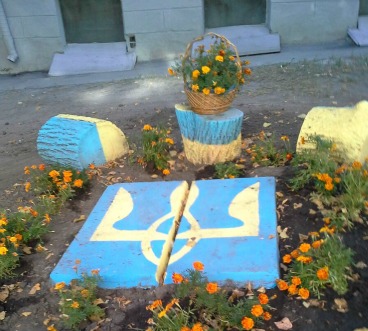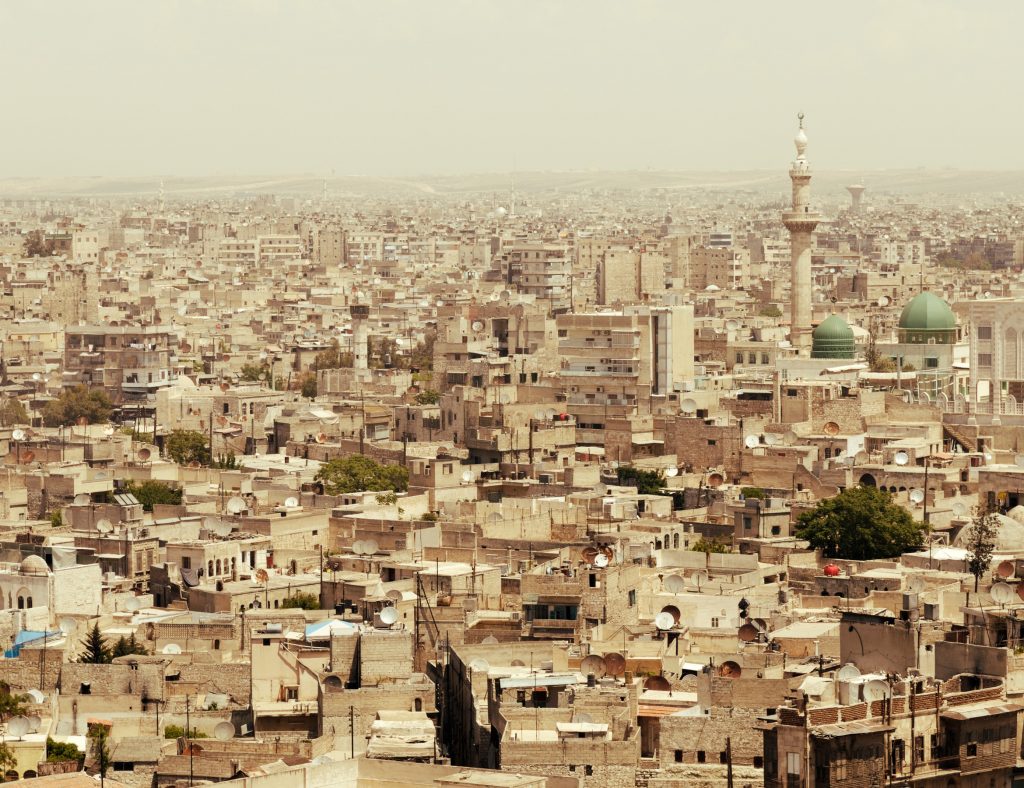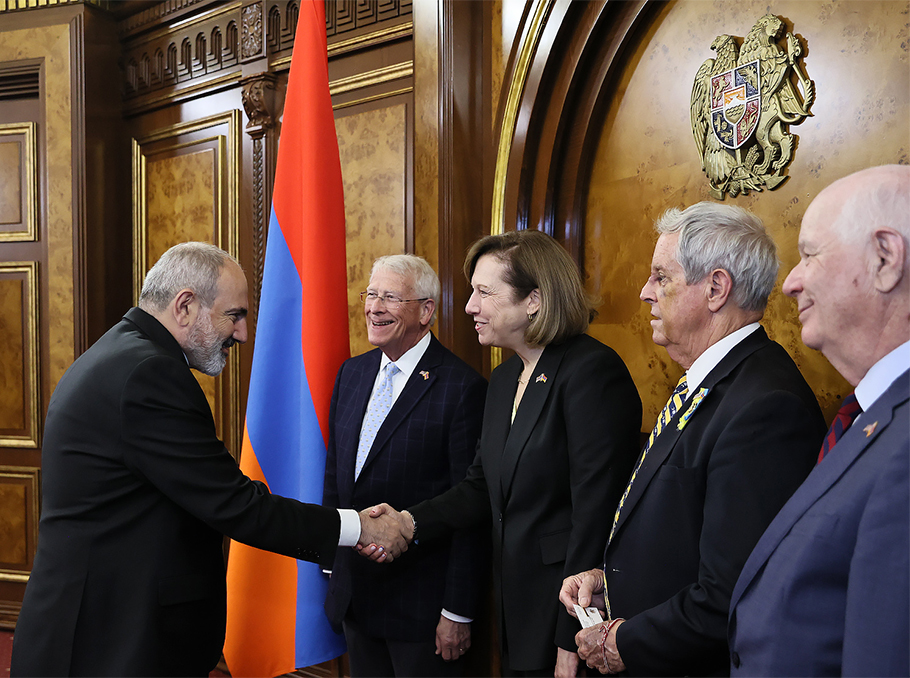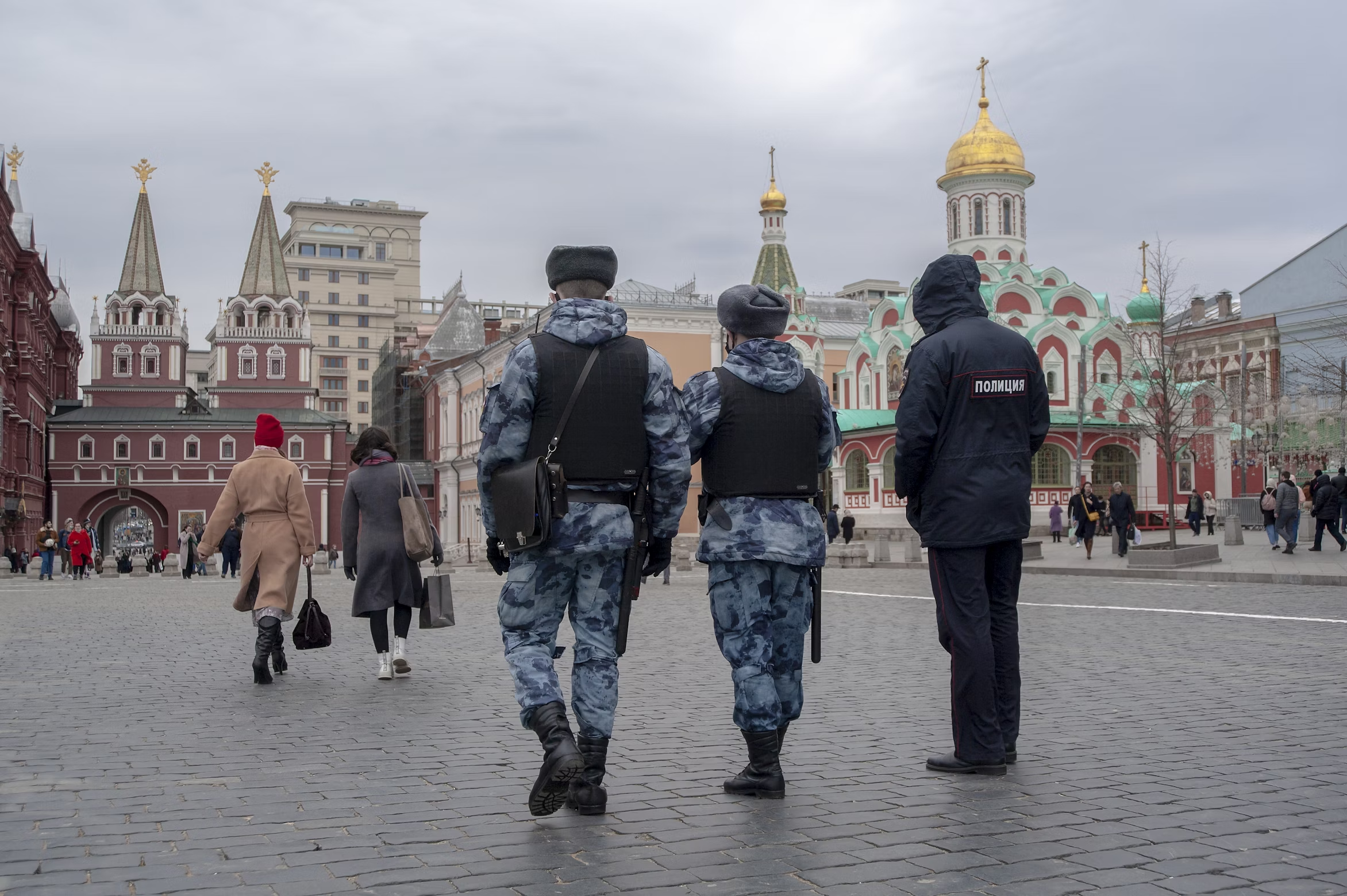Madam President, I take this time on the floor as the Chair of the U.S. Helsinki Commission. The Helsinki Commission is the operating arm of the U.S. participation in the Organization for Security and Cooperation in Europe, the OSCE. It has been in the press recently because of the circumstances in Ukraine, which is what I am going to talk about.
First, I will remind my colleagues that the United States, along with all the countries of Europe and Canada, formed the commission on security and cooperation in Europe in 1975. It was founded on the principle that in order to have a stable country, you need to deal not just with the direct security needs—the military needs—of a country and not just with its economic and environmental agenda, but you also need to deal with its human rights and its good governance, and all three of these are related.
Commitments were made by all the signatories to the OSCE about respecting the jurisdictions of the member states and dealing with the rights of your neighbors and dealing with the rights of your own citizens. The Soviet Union was a member of the OSCE, and now all of the countries of the former Soviet Union are members, including Russia and the countries of central Asia.
I am increasingly alarmed at the deterioration of the situation in Eastern Ukraine, particularly in the Donetsk region, where Moscow-controlled pro-Russian separatists have seized 19 buildings and 14 cities and towns.
Late last week seven members of the German-led OSCE Vienna Document inspection team, charged with observing unusual military activities, along with five of their Ukrainian escorts, were kidnapped by pro-Russian militants. One observer has been freed, and the rest continue to be held hostage. Russia, an OSCE member, has not lifted a finger to secure their release. There is no doubt in my mind that if Mr. Putin gave the word, this hostage situation would cease to exist.
This hostage-taking of unarmed international monitors must continue to be condemned in the strongest possible terms, and everything possible must be done to secure their release. In addition to the OSCE observers, 40 people—journalists, activists, police officers, and politicians—are reportedly being held captive in makeshift jails in Slovyansk.
Meanwhile, the violence in Eastern Ukraine continues. On Monday, several thousand peaceful protesters marching in favor of Ukraine’s unity were attacked by pro-Russian thugs wielding clubs and whips, resulting in 15 seriously injured. That same day, Gennady Kernes, the mayor of Ukraine’s second largest city, Kharkiv, was shot, underwent emergency surgery, and remains in serious condition. He is now in Israel for further medical treatment.
Furthermore, I am deeply dismayed at other flagrant violations of human rights by pro-Russian militants in Eastern Ukraine and in Russia’s annexed Crimea. These include attacks and threats against minority groups, particularly Jews and Roma as well as Crimean Tatars and ethnic Ukrainians in Crimea. Supporters of a united Ukraine have been targeted as well, including a local politician and university student whose tortured bodies were found dumped in a river near Slovyansk.
The joint statement on Ukraine signed in Geneva on April 17 by the EU, the United States, Russia, and Ukraine calls on all sides to lay down their arms, vacate buildings, and begin the process of dialogue and de-escalation. That was signed just 2 weeks ago. That agreement provided a basis for de-escalation. Yet, over the course of the last days and weeks, we have not seen the Russians follow through on urging separatists to stand down in Eastern Ukraine. What have we seen? Kyiv, on the one hand, is taking concrete steps and making good-faith efforts to live up to the Geneva agreement, including vacating buildings and offering dialogue. Russia has done nothing. Instead of working to de-escalate the conflict, it is doing the opposite—fueling escalation. Russia continues to violate the sovereignty and territorial integrity of Ukraine and flagrantly flaunts its commitments under the Geneva agreement.
The Geneva agreement also calls upon the parties to refrain from any violence, intimidation, or provocative actions and condemns and rejects all expressions of extremism, racism, religious intolerance, including anti-Semitism. Clearly, both the spirit and the letter of this agreement have been breached by Russia.
In recent days we have seen troubling manifestations against ethnic and religious minority communities. The distribution of flyers in Donetsk calling for Jews to register their religion and property is a chilling reminder of an especially dark period in European history. While the perpetrators of this onerous action have not been determined, one thing is clear: Moscow, which controls the pro-Russian separatists in Eastern Ukraine, is using anti-Semitism as an ingredient in its anti-Ukrainian campaign. Perhaps even worse, among the Russian special forces and agitators operating in Ukraine are members of the neo-Nazi and other anti-Semitic groups.
Jewish communities in parts of Eastern Ukraine are not the only ones that have reason to be worried. In Slovyansk, armed separatists have invaded Romani homes and beaten and robbed men, women, and children. Ukrainian speakers—including Ukrainian-speaking journalists—have reportedly experienced intimidation in the largely Russian-speaking Donetsk area.
At the same time in Crimea, which Russia forcibly annexed, Crimean Tatars continue to be threatened with deportation and attacked for speaking their own language in their ancestral homeland. Moreover, the longtime leader of the Crimean Tatar community and former Soviet political prisoner Mustafa Dzhemilev has been banned from returning to Crimea.
It is important to underscore that Crimea is the ancestral home of the Crimean Tatars, who in 1944 were forcibly and brutally evicted by Stalin to central Asia and only allowed to return to their home in the early 1990s.
Additionally, the separatist Crimean authorities have gone after the Ukrainian community, announcing that Ukrainian literature and history will no longer be offered in Crimean schools.
These attacks and threats underscore the importance of the OSCE Special Monitoring Mission and other OSCE institutions in Ukraine in assessing the situation on the ground and helping to de-escalate tensions. They need to be permitted to operate unhindered—and most certainly not held hostage—in Eastern Ukraine and to be allowed access into Crimea, which Russia continues to block.
The actions against pro-Ukrainian activists and minorities are the direct result of Russia’s unfounded and illegal aggression against Ukraine—first in Crimea and then in Eastern Ukraine. There is no doubt as to who pulls the strings. The Kremlin has been relentlessly flaunting their Geneva promises and has done nothing to rein in the militants they control. Mr. Putin needs to get Russian soldiers and other as-sorted military and intelligence operatives out of Ukraine.
We must not forget Crimea. We must never recognize Russia’s forcible, illegal annexation of the Ukrainian territory, which violates every single one of the 10 core OSCE Helsinki principles. We must build on the punitive measures already undertaken against the Russian and Ukrainian individuals who so blatantly violated the international agreements in the Ukrainian and Cri-mean Constitutions. Violations of another nation’s territorial integrity and sovereignty must not be tolerated. Russia’s flagrant land grab of Crimea has set a horrible precedent for those countries harboring illegal territorial ambitions around the globe.
I welcome the President’s stepping up of economic sanctions on seven Russian officials, including members of President Putin’s inner circle and 17 companies linked to Mr. Putin. I also welcome the State Department and Commerce Department tightening pol-icy to deny export license applications for any high-technology items that could contribute to Russia’s military capabilities. I am confident Russia will feel the impact of these sanctions. These, along with the further targeted sanctions announced by the EU earlier this week, will only continue to have a growing impact.
Nevertheless, if the situation in eastern Ukraine continues to deteriorate, or even should the status quo persist, the United States needs to ratchet up these sanctions, and soon, including several sectoral sanctions against Russia’s industries such as banking, mining, energy, and defense.
Of equal importance, we need to remain steadfast in helping Ukraine become a stronger democratic state and foster its political and economic stability. The millions of men, women, and children who demonstrated for months for human rights and human dignity spoke loudly and clearly, expressing the wishes of the vast majority of the Ukrainian citizens. The interim government has been working hard under exceedingly difficult circumstances to move Ukraine further on the path of economic and political reforms. We and our international partners need to keep making this progress our focal point. Ukraine needs a lot of help after the devastation wreaked on their economy by the in-credibly corrupt and dysfunctional Yanukovych regime.
Ukraine has so many pressing needs. Among the most important are stabilizing the economy and preparing for the most important May 25 Presidential elections. Others include judicial reform, reform of the police and military, seeking justice and rehabilitation for the victims of the violence, including those suffering now at the hands of the pro-Russian militants, helping internally displaced people who are fleeing Crimea, and working to recover the billions in assets stolen by the previous regime.
I am pleased Ukraine’s civil society, including Western-educated young people, is firmly committed to the rule of law and democracy and is playing a critical role in helping the Ukrainian Government work toward these ends. NGOs and think tanks have worked with the Parliament to pass a law on the independence of public broadcasting, a bill on public procurement, and one on how judges are appointed— all critical in fighting the scourge of corruption.
The United States is providing concrete assistance through a U.S. crisis support package for Ukraine, which includes support for the integrity of the May elections and constitutional reform, substantial economic assistance, energy security technical expertise, help to recover proceeds of corruptions stolen by the former regime, and other anticorruption assistance, and fostering greater people-to-people contacts. We need to be willing to provide more resources to the Ukrainians as they actively work to fulfill their aspirations.
Ultimately, these choices will lead to a more secure, democratic, and peaceful world, and that is something that reflects both American interests and American values.










